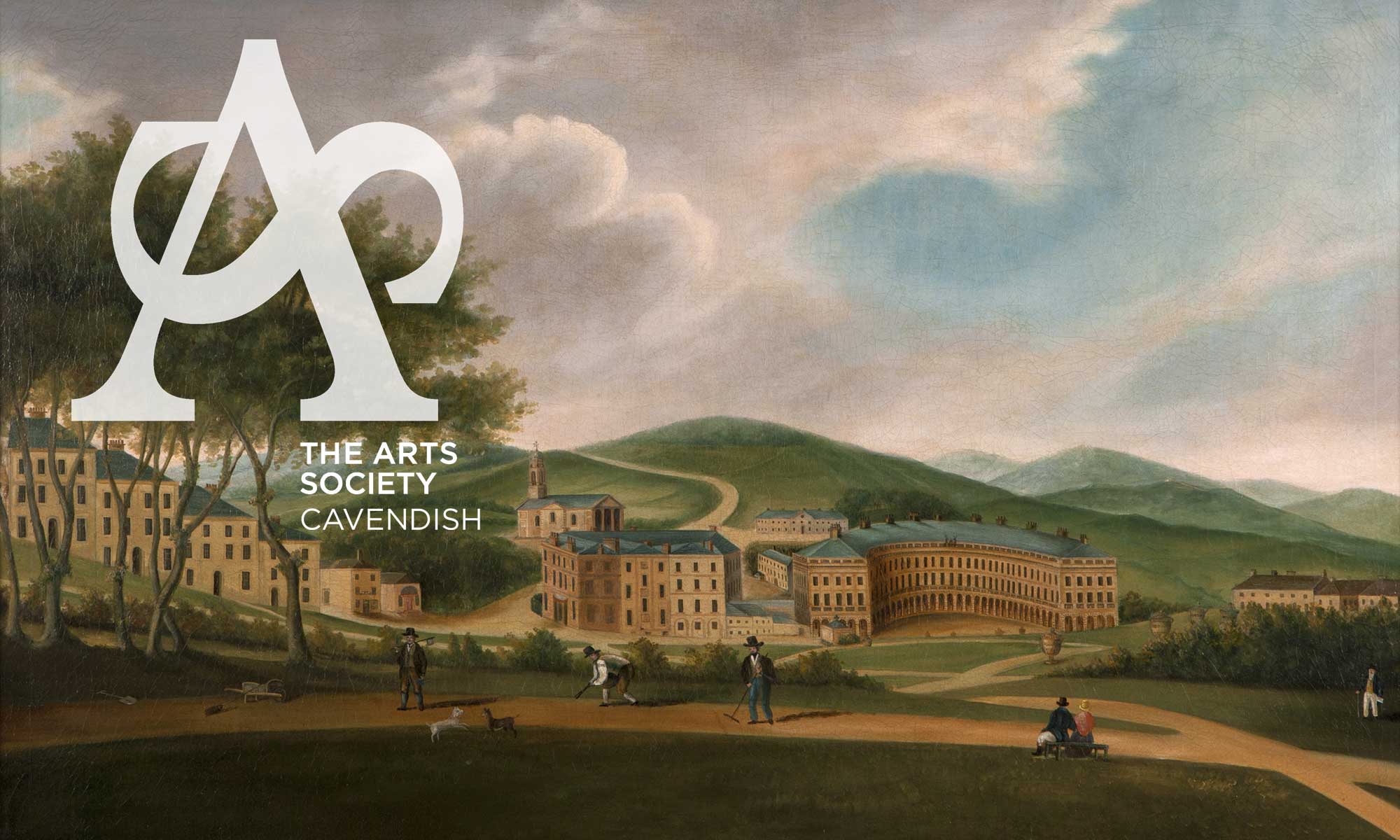27 October 2025
ART WORKSHOP – LOCAL ARCHITECTURE
Enjoy a wonderfully creative art day on Monday 27 October 2025 from 10am to 4pm at St Anne’s Community Centre, Hardwick Square W, Buxton SK17 6PX. The centre is a spacious well-equipped venue with a car park at the front of the building.
Our tutor will be PAM SMART, a full time Buxton Artist, winner of many awards and exhibitor of paintings in the Mall Galleries, London. The theme will be expressions of local architecture based on your own ideas.


Pam is a very experienced tutor of painting in many media, and the group size will be small (20) to ensure that you will receive plenty of one-to-one tuition in a relaxed, happy atmosphere. All materials and lunch are included in the price. The workshop is suitable for all levels, from complete beginners to those with more experience.
Cost for this delightful art day is £39.
Please book early by Bank Transfer to:
The Arts Society Cavendish
Sort Code: 60-01-33
Account No: 51060337
Reference: Study Day
Or send your cheque to The Treasurer, 19 Green Lane, Buxton, SK17 9DP. Please indicate ‘Art Study Day’.
We look forward to seeing you.
